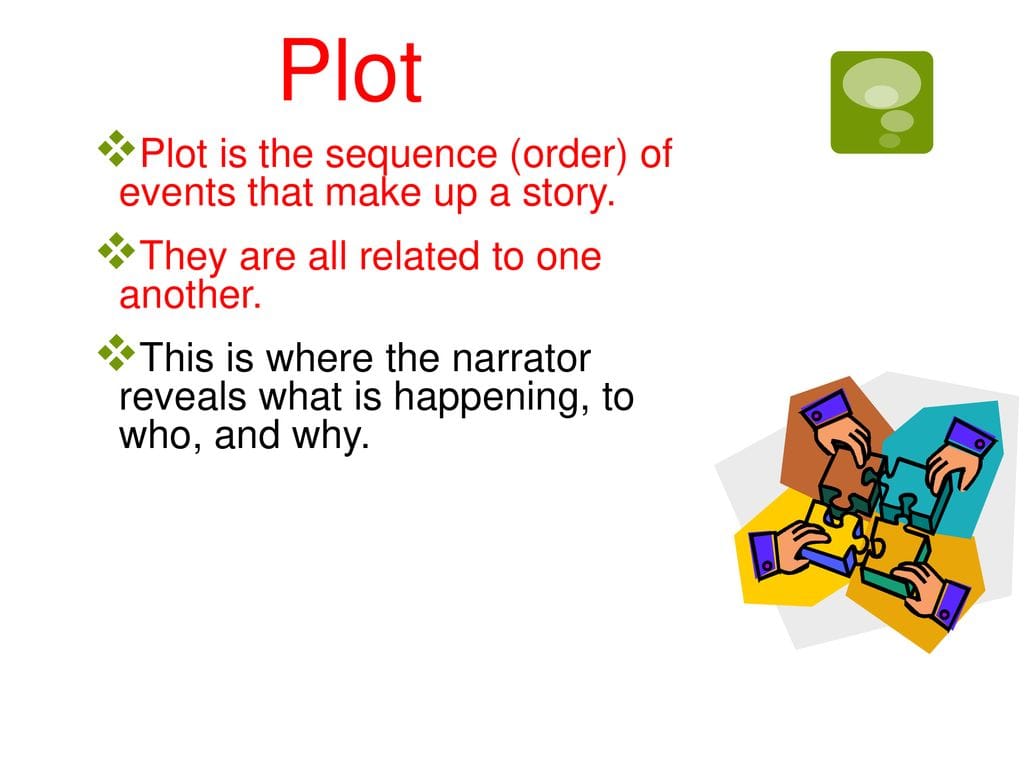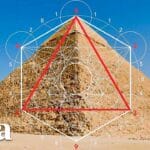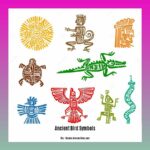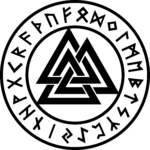Get ready to delve into Judith Ortiz Cofer’s poignant short story, “Abuela Invents the Zero.” This isn’t a tale about mathematical breakthroughs; it’s a moving exploration of cultural clashes, generational divides, and the power of understanding. Join us as we explore the story’s rich layers, analyze its symbolism, and uncover the profound message at its heart.
The Zero That Speaks Volumes
“Abuela Invents the Zero” isn’t about a famous mathematician; it’s about a grandmother navigating a new and unfamiliar world. The “zero” Abuela invents isn’t a numerical concept, but a powerful symbol representing her feelings of invisibility and insignificance in American culture.
Imagine being surrounded by a language you don’t understand, customs that feel alien, and a way of life that seems worlds away from your own. This is Abuela’s reality. She’s a stranger in a strange land, and the “zero” she embodies reflects the sense of displacement many immigrants experience.
Abuela Invents the Zero: More Than Just Embarrassment
Constancia, Abuela’s granddaughter, is a teenager caught between two worlds. She loves her grandmother but feels embarrassed by her traditional ways, especially in the face of her American peers. This internal conflict lies at the heart of the story.
Constancia’s embarrassment runs deeper than a simple generational gap. It speaks to the pressure many children of immigrants face: the desire to fit in with their adopted culture while grappling with the traditions and expectations of their heritage.
Some literary scholars suggest that Constancia’s internal conflict reflects a form of cultural assimilation, where the dominant culture’s values and norms are internalized at the expense of one’s own cultural background. This adds another layer of complexity to Constancia’s character and highlights the challenges of maintaining one’s identity in the face of societal pressures.
The Weight of Obligation: Duty, Culture, and Family
Cofer masterfully weaves the theme of obligation throughout the story. From the very first line, mentioning a “holy day of obligation,” the reader understands the importance of duty in this world. But “obligation” takes on multiple dimensions.
Religious Obligation: Attending church isn’t just a suggestion; it’s a deeply ingrained responsibility.
Cultural Obligation: Constancia feels the weight of her Puerto Rican heritage, a sense of duty to uphold traditions and values that seem at odds with her American life.
Family Obligation: Above all, Constancia is obligated to care for and respect Abuela, a responsibility that intensifies her internal conflict.
This web of obligation creates a powerful tension in the story, forcing Constancia to confront her own evolving identity.
Unpacking the Enduring Relevance of “Abuela Invents the Zero”
“Abuela Invents the Zero” resonates deeply because its themes are timeless and universal. The story explores:
| Theme | Explanation |
|---|---|
| Cultural Identity | Explores the challenges and complexities of navigating multiple cultural influences. |
| Intergenerational Relationships | Highlights the potential for growth and understanding between different generations. |
| Respect for Elders | Emphasizes the importance of valuing the wisdom and experience of older family members. |
| Embracing Heritage | Encourages appreciation and acceptance of one’s cultural background. |
| The Power of Love | Shows how love and patience can bridge cultural gaps and foster connection. |
The story’s enduring relevance lies in its ability to spark conversations about immigration, cultural preservation, and the importance of intergenerational understanding. In a world grappling with issues of identity and belonging, “Abuela Invents the Zero” offers a poignant and timely reminder of the power of empathy and acceptance.
Beyond the Surface: “Abuela Invents the Zero” and the Silencing of Immigrant Voices
While the story doesn’t explicitly address politics, Cofer’s use of language subtly hints at the challenges faced by immigrant communities. Abuela’s limited English, for example, becomes a barrier to communication and reinforces her sense of isolation.
Some scholars argue that this language barrier represents a larger phenomenon—the silencing of immigrant voices in mainstream society. Abuela’s struggle to make herself understood reflects the experiences of many individuals who feel marginalized or overlooked due to cultural and linguistic differences.
By giving voice to Abuela’s experience, Cofer challenges readers to consider the perspectives of those who are often silenced or ignored. This subtle yet powerful critique adds another layer of depth to the story’s exploration of cultural identity and belonging.
More Than a Summary: Inviting Further Exploration
“Abuela Invents the Zero” is a story that lingers long after you’ve finished reading it. Its open-ended nature invites readers to ponder its themes and draw their own conclusions. As you reflect on the story, consider these questions:
- How does Cofer use imagery and symbolism to convey the characters’ emotions and experiences?
- What is the significance of the story’s setting? How does it contribute to the overall themes?
- How might the story be different if told from Abuela’s perspective?
By engaging with these questions, you can deepen your understanding of “Abuela Invents the Zero” and its lasting impact on readers worldwide.
Further Reading:
Are you curious to know about the possible location of the biblical kingdom on the Arabian Peninsula? Click on the link to unveil the secrets and gain valuable insights into this intriguing topic.
- Unlock Water’s Symbolism: A Cross-Cultural Exploration - April 20, 2025
- Identify Black and White Snakes: Venomous or Harmless? - April 20, 2025
- Unlocking Potential: Origins High School’s NYC Story - April 20, 2025















